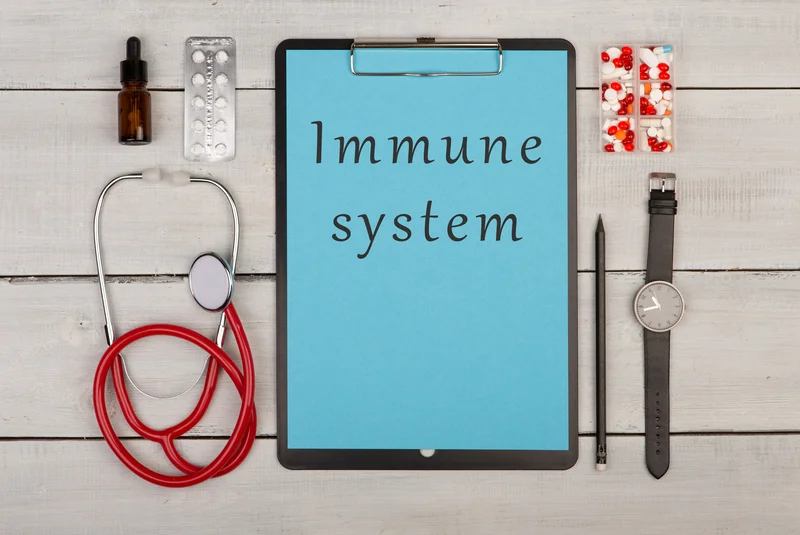
When you find step 9 AA resources that support clarity, empathy, and accountability, you realize this step is not a burden, it’s a gift. It allows you to clean up your side of the street, even if others choose not to walk down it again. You can’t change the past, but you can take responsibility for it, and that changes everything. Step 9 is where emotional healing intersects with social accountability. It directly follows the moral inventory and confession stages.
- Our team of experienced and compassionate therapists and counselors guides clients through every step of the recovery process.
- Communicating about the way you harmed others can evoke strong emotions.
- AA stands for Alcoholics Anonymous and is similar to Celebrate Recovery.
- This may involve reflecting on long-term goals or contemplating potential outcomes.
- Preemptive stress management through visualization helps enhance composure, while role-playing conversations can also aid in reducing fear and building confidence.
Step 9 AA Worksheet (Alcoholics Anonymous)
Our whole attitude and outlook on life will change, fear of people and economic insecurity will leave us. We will intuitively know how to handle situations which used to baffle us. We will suddenly realize that God is doing for us what we could not do for ourselves. They are being fulfilled among us sometimes quickly, sometimes slowly. The 9th Step is a crucial and transformative part of the recovery journey in Alcoholics Anonymous. It requires more than just a simple apology; it involves taking concrete actions to rectify past wrongs and demonstrating a commitment to change.
The Role of Medical Supervision in Safe Detoxification
- (aga7ta/Shutterstock) Groups such as AA and NA have many detractors, people who believe that they are religious organizations or even cults.
- You can’t change the past, but you can take responsibility for it, and that changes everything.
- A big part of working the 12-Step Program is making amends.
- When you make living amends, you make genuine changes to support your emotional and physical sobriety.
Don’t invalidate the other’s feelings by saying something like “I’m sorry you feel that way” or making excuses about your mental state at the time. Compile a list of all the people you’ve wronged or mistreated through the course of your substance abuse. Addiction is often labeled a “family disease” because it affects not only the person struggling with addiction but also everyone in their close circle. Family members may attempt to “fix” the problem and get sad, frustrated, or upset when their efforts don’t seem to make a lasting difference, fracturing relationships and causing emotional distress. Making amends is more than saying sorry — it’s about taking responsibility, rebuilding trust, and changing behavior.

How Will Making Amends Help My Recovery?
Use this list to reflect on the impact of the things that occurred and the accountability you are now capable of owning. For your own good, spend time considering how you would handle it differently now. Then, think about how you would feel if you were in their shoes. Consider those things carefully as you move through the inventory of your loved ones. Discover how yoga therapy for recovery supports physical, mental, and emotional healing on your journey.


Just keep in mind that you should never use the concept of living amends to run away from an apology. Think of amends as actions taken that demonstrate your new way of life in recovery, whereas apologies are basically words. When you make amends, you acknowledge and align your values to your actions by admitting wrongdoing and then living by your principles. For every time you said you’d be there or alcoholism symptoms that you’d help someone do something and didn’t show up, you’ve left an impression upon that person that they can’t rely on you to keep your word. You can start making amends by showing up, even if it’s years later, to do the things you said you’d do.
Breakthroughs That Transform Recovery
- Explain that you have addressed your behaviors to the best of your ability, but that you know there are things you might have overlooked.
- The only thing we can show people today is our love, commitment and patience.
- Once you have completed step 9, it’s time to move on to step 10.
- My only goal right now is to acknowledge the harm I caused and do what I can to make amends, if that’s possible.
In the Big Book of AA, on pages 83 and 84 to be exact, there is a text on the expected results of working step 9 fully and completely. It shows the way in a very real sense, this step is one of the most important ones. Each program is designed to exceed industry standards and provide the highest quality care. As time passes, more of your mistakes might be revealed, and you’ll living amends aa realize you still have messes to clean up.
- We stop thinking about our lives in terms of what we don’t have and begin to appreciate the gifts that we receive every single day.
- By understanding the importance of actions, preparing thoroughly, and employing emotional and psychological strategies, individuals can approach the amends process with renewed confidence.
- We have already begun making amends to ourselves by changing some of our behaviors, attitudes and beliefs.
- Making direct amends is perhaps the hardest type of making amends because it involves confronting the person or people you’ve harmed.
- When those we’ve hurt are not able or willing to accept our amends, we can still move in a positive general direction by taking intentional steps to be of service to others or making living amends.

Great care should be taken, as reactions from those approached can vary greatly—some may be receptive, while others may not wish to engage. I have made many amends for my past while living as an alcoholic. Amends allow me to also right the wrongs I may continue to make. It is freedom from behaviors that do not live up to the new life in sobriety I am choosing to live. Before you start working step nine, you must have already completed step eight.

